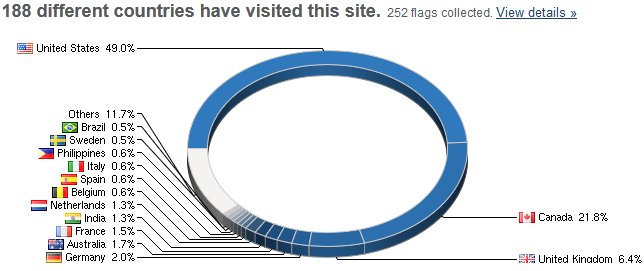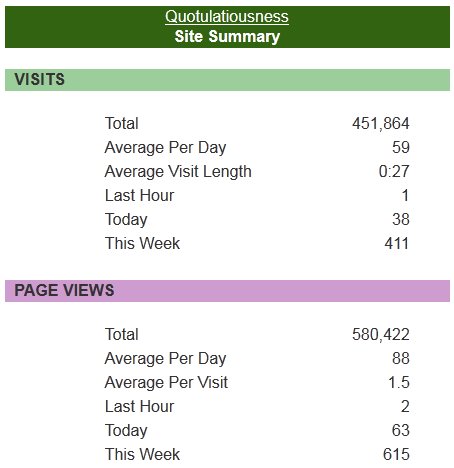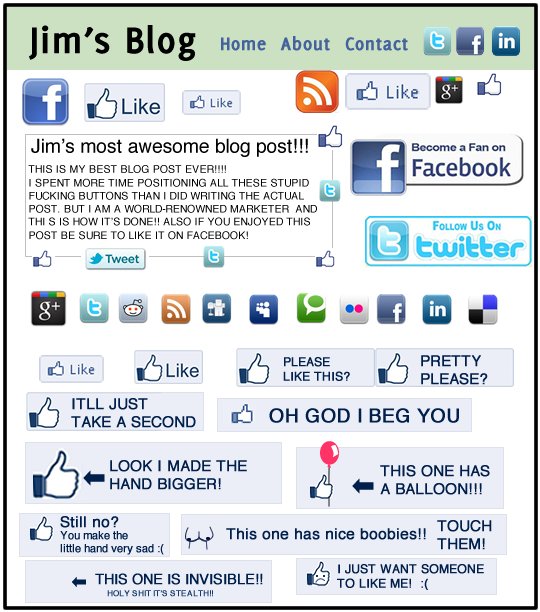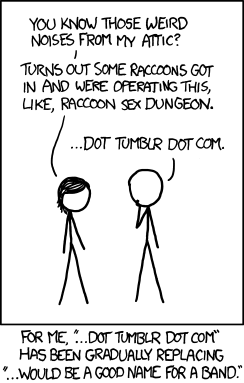Dave Weigel on the fascinating fact that a few conservatives were able to successfully troll the Democratic convention in Charlotte:
Whatever lessons the Democrats take from Charlotte, whatever it did for the president or for the ambitious senators and governors who stalked delegate breakfasts and whispered “2016,” this is a fact: The convention was successfully trolled.
I don’t use troll in the pejorative sense. Actually, I may be trying to craft a neutral meaning of troll where none previously existed. The term, in its modern Internet usage, refers to people who want to start fights online to bring the universe into an argument on their terms. It comes not from Grimm literature, but from a fishing technique in which multiple lines are baited and dragged to haul in the maximum amount of cold-bloods.
Democrats did not expect to spend Wednesday arguing about the capital of Israel and the appearance of the word “God” in their platform. There were, reportedly, 15,000 members of the media in Charlotte, of whom maybe 14,980 could have given a damn about the party platform. On Tuesday night, when the Obama campaign and the DNC released its platform, none of the bigfoot media outlets in town spent time on the text.
[. . .]
Maybe the word “historic” is out of place for the modern convention. To say that they’re clichéd and staged is, in itself, a staged cliché. But who thought, just 11 months after the launch of the Occupy movement, that 99 percenters would have less influence on the platform than conservative media?
This is what I mean: We live in the age of trolling. Any comment made online, if it’s given the right forum, is as relevant as any comment made by some media gatekeeper. Think about a politician or a journalist on Twitter, and what he sees. If a colleague wants to tell him something, it appears in his feed with an @ symbol. If someone who just logged on and wants to bait a nerd logs on, he will send a message that appears with an @ symbol. Both are equally valid, at least in how they appear on-screen or on a phone. There is no ghetto-izing of comments into the bottom of a page, or into media that you don’t pay attention to.









